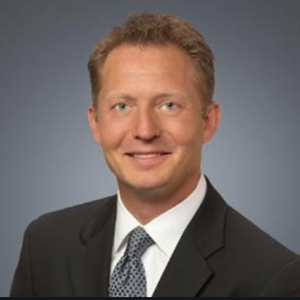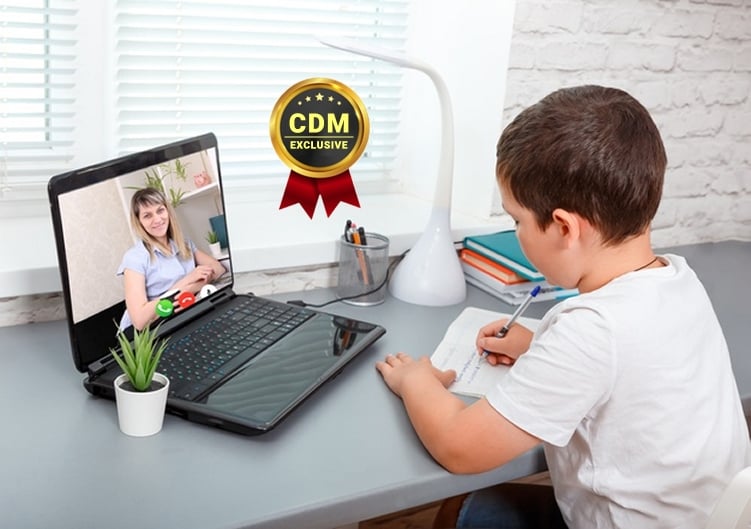By Nevin Markwart, Chief Information Security Officer at FutureVault
For Cyber Security Magazine
As parents, we have conflicting feelings on remote learning. One on hand, we want our children to stay healthy, especially in the midst of a public health crisis. On the other hand, online education opens the door to new threats—including opportunities for hackers, risks to our children’s privacy, and increased online harassment.
Fortunately, we as parents can play a proactive role in ensuring that our children’s online education is a safe and fulfilling experience. Here are several easy steps that you can take to protect your children in remote learning situations:
Classroom Learning
Creating an open dialogue with your children’s educators is a simple yet effective way to ensure that everyone is on the same page when it comes to safety and privacy. You should discuss safety protocols with the school and flag anything that concerns you. Confirm the school has privacy policies in place and learn what they are.
Speak with your children’s teachers and meeting administrators about which screenshare tool they use and confirm that only the school can control screenshare. Learn that program and security features as much as possible.
Make sure the teacher allows students to turn off their cameras after confirming attendance if they’re uncomfortable “going live.” Many adults feel uncomfortable on camera, so imagine how children must feel.
Privacy
Parents should have ultimate control over what their children use and see online. Know what platforms your children are using, whether for learning or social media. Maintain direct oversight on whom your children engage with online and limit that circle to known friends, family, and acquaintances. Use Screentime or Parental Controls to restrict the types of online activities your children can do.
You should set up secure passwords for your children to prevent their accounts from getting hacked. Secure passwords are at least twelve characters long, do not include dictionary words, and mix numbers, symbols, and letters (lowercase and uppercase). Turn on your firewall and make sure your children only download files from people or sites you know and trust.
Remember that anything posted online is public, not private information. So, talk to your children about what they’re not allowed to post online. They should never post any sensitive personal information (e.g. social security number, passwords, etc.) on their internet profiles: changing a profile does not delete old copies of it.
Cyberbullying
Communication is a key step to prevent cyberbullying. Explain to your children that what happens on the Internet can be permanent and damaging. You should treat people the same way online as you would in person: with respect. This includes not saying anything mean or untrue about someone online. Ask your children’s school what disciplinary measures are in place for online misbehavior.
Report online harassment, including any message that makes your children feel uncomfortable. If the harassment occurred through your children’s remote learning platform, notify their school. You can also report harassment to local law enforcement. Make sure to save and print any records of threatening messages—including screenshots, emails, and texts—for evidence.
About the Author
 Nevin Markwart, Chief Information Security Officer at FutureVault
Nevin Markwart, Chief Information Security Officer at FutureVault
Nevin Markwart is the incoming Chief Information Security Officer (CISO) for FutureVault Inc., an innovative internet cloud-based personal document storage, access, and distribution company.
Initiating his third professional career, Nevin graduated in 2019 with a Master of Science degree in Cybersecurity from Brown University, the Ivey League school located in Providence, Rhode Island. Nevin is an online information privacy expert, having written his graduate thesis paper, “Restricting the Adverse Effects of Internet Terms of Service Agreements,” with the support of his non-faculty academic advisor Tom Ridge, former Governor of Pennsylvania and first US Secretary of the Department of Homeland Security.
Previously, Nevin was the Boston Bruins’ first pick in the 1983 NHL Entry Draft and turned pro immediately after the draft at age 18. He went on to play nine seasons in the NHL, retiring due to the cumulative effects of three shoulder surgeries. After retiring from hockey, Nevin completed his MBA in finance from Northeastern University in Boston in 1994 and began another career in the investment management industry.
Nevin’s investment industry experience includes senior and executive roles in Boston as an equity analyst and portfolio manager, director of research, product manager, and head of Canadian equities for firms including Wellington Management and Fidelity Investments.
Later in his investment management career, Nevin led two Canadian mutual fund companies as CEO: Calgary-based Canoe Financial and Toronto-based Front Street Capital.
Nevin is a member of the Board of Directors of the Business of Hockey Institute (BHI), the Saskatchewan CFA Society, Prairie Green Renewable Energy Inc and Evolution Potash. He is also a business management mentor for the Canadian Consulate’s Canadian Technology Accelerator (CTA) in Boston.


